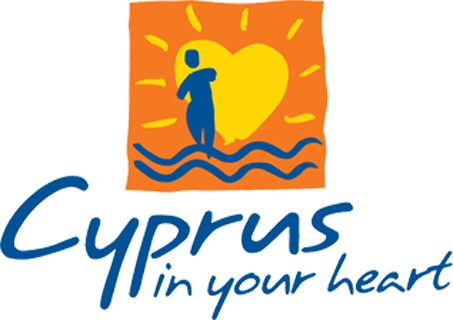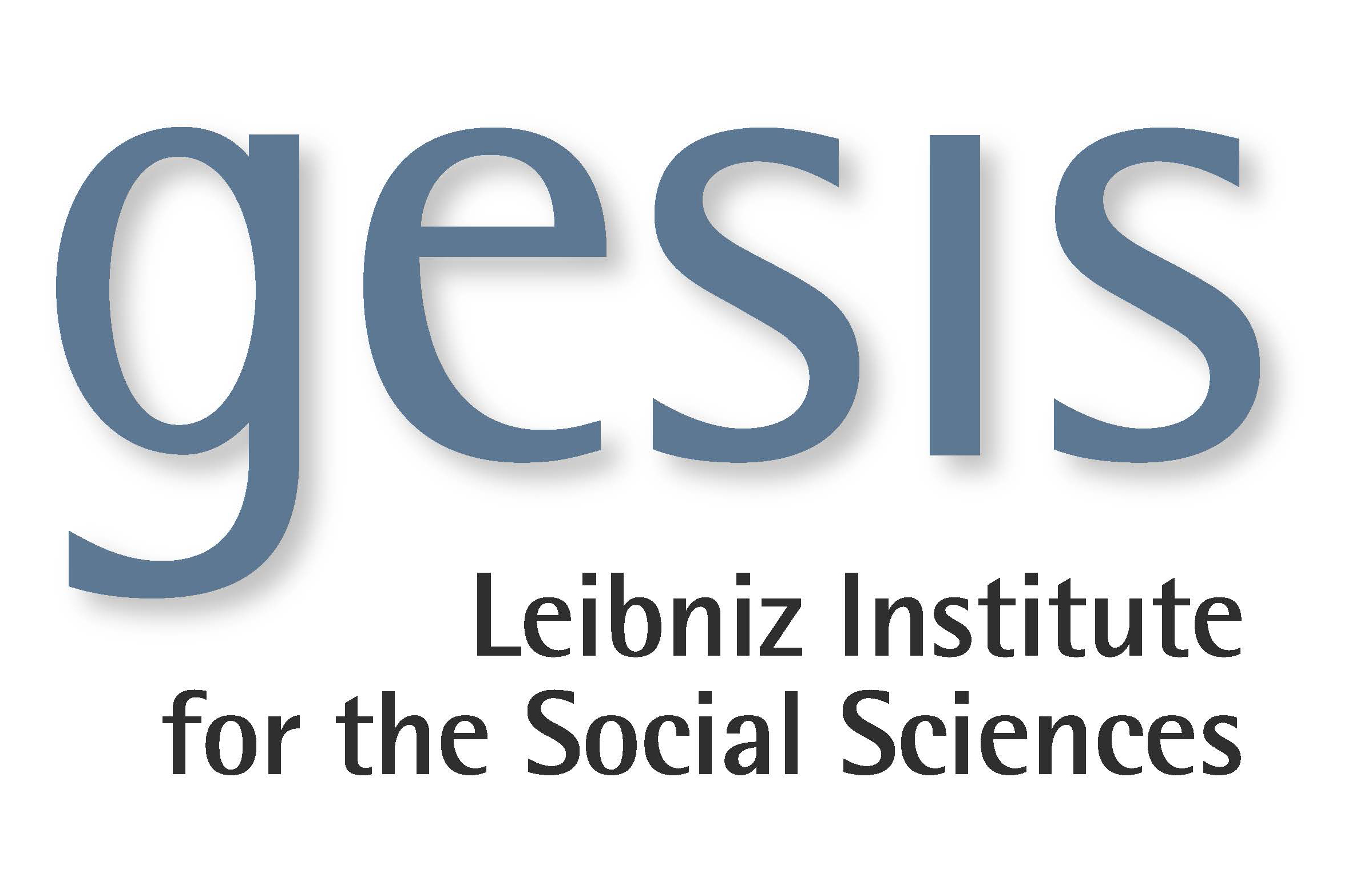Conference Programme
Updated Programme - 10/10/2016
Please click here to open the Program, or right-click and save it to your computer.
Please click here to open the Abstract Book or right-click and save it to your computer.
Thursday, October 13th |
||
| 08.00 – 09.00 | Registration Lobby 1 Panepistimiou Avenue , 2109 Aglantzia, Nicosia, Cyprus | P.O. Box 20537, 1678 Nicosia, Cyprus Building 7 – main lobby, ground floor. |
|
| 09.00 – 09.15 | Conference Opening | Room 010 |
|
| 09.15 – 10.00 | Keynote Eldad Davidov (University of Zürich, Switzerland) | Room 010
|
|
| 10.00 – 10.15 | Coffee Break | Lobby | |
| 10.15 – 11.45 | Session 1: Cross-national surveys: Challenges to achieve equivalent results | Room 010 |
|
Anna Domaranska (Institute of Sociology National Academy of Sciences of Ukraine) Testing the measurement equivalence in cross-cultural research: Address the problem of nonequivalence |
||
Magdalena Burdach and Jolanta Perek-Białas (Warsaw School of Economics/Jagiellonian University, Poland) Evaluation of using SEM in analysis of relations between trust and public institutions' performance in Poland and Germany |
||
Tomasz Drabowicz (Faculty of Economics and Sociology, Department of General Sociology, University of Lodz, Poland) An investigation into the theory of social uses of the Internet: |
||
| 11.45 – 12.00 | Coffee break | Lobby | |
| 12.00 – 13.30 | Session 2: How to guarantee data quality for public use? Dealing with official statistics and survey results for pressing issues of contemporary society | Room 010 Chair: Jolanta Perek-Białas (Jagiellonian University, Poland) |
Session 3: Reorganizing Data – Coding Issues | Room 018 Chair: Anna Domaranska (Institute of Sociology National Academy of Sciences of Ukraine) |
Wolfgang Aschauer, Martin Weichbold and Alexander Seymer (Universität Salzburg) Monitoring the challenge of migration for Europe based on official statistics |
Joseph W. Sakshaug (corresponding author and presenter; University of Manchester and German Institute for Employment Research); Frederick G. Conrad (University of Michigan and University of Maryland) and Mick P. Couper (University of Michigan and University of Maryland) Factors Affecting the Reliability of Occupation Codes Derived from Open-Ended Reports |
|
Kathrin Gärtner (Statistik Austria, Wien) and Manfred Zentner (Donau-Universität Krems) Enhancing the quality of an index measuring quality of life of young people through participation of experts and young people themselves |
Szymon Czarnik (Institute of Sociology Jagiellonian University in Krakow) Measurement of Occupational Segregation Using International Standard Classification of Occupations (ISCO) |
|
Henning Silber and Cornelia Zuell (GESIS) "My vote does not matter" – Open-ended questions on non-voting behavior in the German general elections 2013 |
Georg P. Mueller (University of Fribourg, Swiss) Three-Valued Modal Logic for the Fuzzy Classification of Open-Ended Interview Answers |
|
| Roula Nezi (GESIS), Kostas Gemenis (University of Twente) and Ioannis Konstantinidis (University of Macedonia) Unemployment and economic voting in Greece. Evidence from a survey experiment. | ||
| 13.30 – 14.30 | Lunch | Lobby | |
| 14.30 – 16.00 | Session 4: Techniques to increase response to sensitive questions | Room 010 Session Organizers and Chairs: Andreas Quatember & Tasos . C. Christofides |
Session 5: Sampling strategies: Innovative approaches | Room 018 Chair: Jolanta Perek-Białas (Jagiellonian University, Poland) |
Tasos C. Christofides (University of Cyprus) A review of indirect questioning techniques for social scientists
|
Ulrich Pötter & Holger Quellenberg (German Youth Institute, Munich) Mitigating the Effects of Panel Attrition Processes: The Uses of Refreshment Samples |
|
Andreas Quatember (Johannes Kepler University Linz, Austria) Privacy Protection vs. Efficiency in Randomized Response Questioning Designs |
Iasonas Lamprianou (Department of Social and Political Sciences, University of Cyprus) Sampling through gatekeepers in survey research: biases and suggestions |
|
Eleni Manoli (University of Cyprus) |
Uta Landrock and Henning Best (TU Kaiserslautern) A sampling strategy for qualitative interviews based on quantitative methods |
|
Mark Trappmann, Co-authors: Ben Jann, Antje Kirchner, Ivar Krumpal and Hagen von Hermanni (Universität Leipzig, Institut für Soziologie) Measuring and Explaining Undeclared Work in Germany: An Empirical Study with a Special Focus in Social Desirability Bias |
|
|
| 16.00 - | Guided Tour Nicosia (Buses will pick the delegates from the Venue) | |
| 19.00 - | Conference Dinner | "Kathodon" restaurant (at the end of Ledras street, old Nicosia centre) | |
Friday, October 14th |
||
| 09.00 - 09.45 | Keynote Jörg Blasius (University of Bonn, Germany) | Room 010 Chair: Jolanta Perek-Białas (Jagiellonian University, Poland) |
|
| 09.45 - 10.15 | Coffee Break | Lobby | |
| 10.15 – 11.45 | Session 6: Interviewer effects and measurement errors – further discussions | Room 010 |
|
Uta Landrock (TU Kaiserslautern) The impact of faked interviews on results of social science research |
||
Marc Höglinger and Andreas Diekmann (ETH Zürich, Switzerland) Evaluating Special Techniques for Surveying Sensitive Topics: An Approach that Detects False Positives |
||
Puzanova Zhanna Vasilyevna & Tertyshnikova Anastasia Gennadyevna (Peoples' Friendship University of Russia, Moscow, Russia) Vignette method as a projective technique of studying the sensitive issues in quantitative research |
||
Philipp Sischka, Alexandra Mergener, Kristina Marliese Neufang & Jean Philippe Décieux Forced Answering in Online Surveys: Is it really a reactance effect that reduces data quality? |
||
| 11.45 - 12.00 | Coffee Break | Lobby | |
| 12.00 – 13.30 | Session 7: Measurement errors (satisficing, social desirability and scale use) | Room 010 Chair: Henning Best (TU Kaiserslautern) |
Session 8: The Usability of Voting Advice Applications | Room 018 Chair: Iasonas Lamprianou (University of Cyprus) |
Tobias Stark (European Research Centre on Migration and Ethnic Relations, Utrecht University, NL) and Volker Stocké (Department of Social Sciences, University of Kassel) Survey Satisficing and Response Accuracy of Proxy Reports in Survey Interviews |
Kostas Gemenis (University of Twente) Detecting biased and redundant statements in voting advice applications |
|
Evi Scholz (GESIS) and Cornelia Zuell (GESIS) Social Desirability and Left-right Scale Placement in a Cross-cultural Perspective |
Vasileios Manavopoulos (Cyprus University of Technology), Fernando Mendez (University of Zurich) and Vasiliki Triga (Cyprus University of Technology) Testing the mode effect hypothesis: A comparison of the response styles of traditional survey respondents and online respondents. |
|
Thekla Afantiti Lamprianou (Centre for Educational Research and Evaluation) The length of Likert response scale (number of options) and the quality of measurement: a double experimental design |
S.C.J. (Bastiaan) Bruinsma (Scuola Normale Superiore) Assessing the Data Quality of Items in Voting Advice Applications |
|
Alessandra Gaia (UCL, Institute of Education) and Noah Uhrig A Comparison of Self-reported Sexual Identity Using Direct and Indirect Questioning |
||
| 13.30 – 14.30 | Lunch Break | Lobby | |
| 14.30 – 16.00 | Session 9: Construct validity | Room 010 Chair: Wolfgang Aschauer (University of Salzburg) |
Session 10: Quality criteria for major cross-national surveys | Room 018 Chair: Martin Weichbold (University of Salzburg) |
Marcin Kocór and Szymon Czarnik (Institute of Sociology, Jagiellonian University in Kraków) How to ask about skills? Different approach to estimate skills demand and supply. |
Thomas Glaser (Statistik Austria, Wien) Improvement of sampling and weighting of EU-SILC in Austria by using income register data from administrative sources |
|
Serhii Dembitskyi (Institute of sociology NAS of Ukraine) SCL-9-NR: a brief test for the measurement of psychological distress in survey research |
Markus Bönisch (Statistics Austria, National Project Manager – PIAAC Austria) Data quality in PIAAC – International standards and national procedures |
|
Alexandra Petridou and Yiasemina Karagiorgi (Cyprus Centre for Educational Research and Evaluation) The Diagnostic Language Tests "Milas Ellinika I": A Validation Study |
Axel Franzen and Sebastian Mader (University of Bern, Institute of Sociology) Testing Measurements of Environmental Concern: Does a simple question outperform multi-item scales? |
|
| 16.00 - 16.30 | Coffee Break | Lobby | |
| 16.30 - 18.00 | Session 11: New methods to generate quantitative data | Room 010 Chair: Georg P. Mueller (University of Fribourg) |
Session 12: Unit and item nonresponse | Room 018 Chair: Tobias Gummer (Gesis-Mannheim) |
Luis Martínez-Uribe (Fundación Juan March) and Modesto Escobar (University of Salamanca) Obtaining non-official data. Quality control for data from the Web |
Tobias Gummer (GESIS Leibniz Institute for the Social Sciences, Mannheim) Comparing different selection criteria when applying case prioritization: A simulation study. |
|
Patrycja Antosz (Institute of Sociology, Jagiellonian University) Agent based modeling as a research tool in social sciences – example of modeling shirking behaviour in organisations. |
Maja Rynko (Warsaw School of Economics, Institute of Statistics and Demography) Nonresponse bias in PIAAC and postPIAAC surveys in Poland |
|
Alexandra Mergener (BIBB, Bonn) Validity of Factorial Survey: A Comparison of vignette-judgements and single-item responses |
Patrick Lazarevic (TU Dortmund University) Reporting Your Pension. Determining the Role of Age-Specific Measurement Error in Reporting Pensions by Using Administrative Data from SHARE-RV |
|
Katarzyna Lisek (Jagiellonian University, Krakow) Be an Expert - a new tool for crowdsourced quantitative text analysis |
|
|
| 18.00 – 18.30 | Informal Business Meeting of RN 21 | |
| 20:00 | Optional dinner More details and table reservations, at the venue's registration table |
|
Saturday, October 15th |
||
09.30 – 13.00 (including coffee break) |
Workshop on Structural Equation Modelling Structural Equation Modelling (SEM) is a powerful tool to analyze latent variable models that are common in social sciences, e.g. the analysis of social and political attitudes, social values, personality factors, and behavioural intentions. SEM combines factor analysis and path analysis by simultaneously estimating causal relations between latent constructs ('structural model') and relations between latent constructs and their corresponding manifest indicators ('measurement models'). Additionally, SEM allows the estimation and control of random and systematic measurement errors. Thus, SEM methodology allows an adequate modelling and empirical testing of measurement models and complex theoretical assumptions. The course introduces theory and practice of SEM with different software packages (e.g. Mplus, AMOS, Lavaan, EQS) and discusses typical problems researchers have to deal with when adopting their own research models. The course covers topics like:
Click here to dowload description of the Workshop |
|
| 13.00 | Optional Social Event: a half of day trip to archeologic site and Lemesos (at the sea) | |
RN21- 2016
Location
Nicosia, CyprusDates
13 – 15 Oct, 2016Venue
University of Cyprus | New CampusContact
For questions and expression
of interest, please contact:
Co-ordinators
For local arrangements please contact:
P: +357-22-591900






